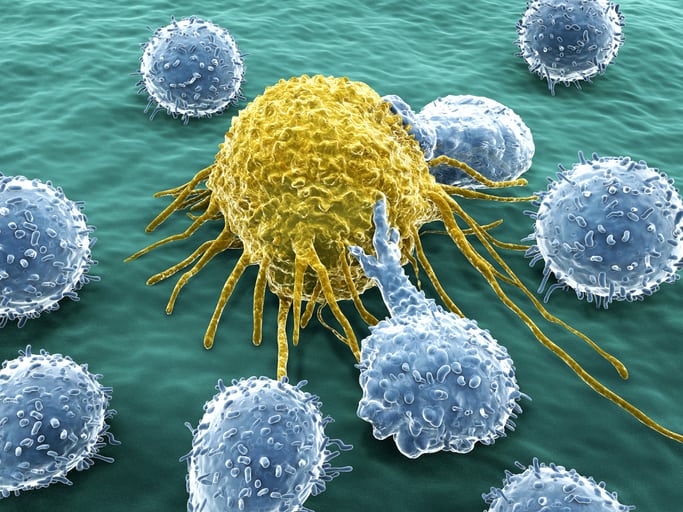Chimeric antigen receptor (CAR) T-cell therapies are currently administered at a limited number of cancer centers and are primarily delivered in an inpatient setting. However, variations in total costs associated with these therapies remain unknown.
To estimate the economic differences in the administration of CAR T-cell therapy by the site of care and the incidence of key adverse events.
A decision-tree model was designed to capture clinical outcomes and associated costs during a predefined period (from lymphodepletion to 30 days after the receipt of CAR T-cell infusion) to account for the potential incidence of acute adverse events and to evaluate variations in total costs for the administration of CAR T-cell therapy by site of care. Cost estimates were from the health care practitioner perspective and were based on data obtained from the literature and publicly available databases, including the Healthcare Cost and Utilization Project National Inpatient Sample, the Medicare Hospital Outpatient Prospective Payment System, the Medicare physician fee schedule, the Centers for Medicare and Medicaid Services Healthcare Common Procedure Coding System, and the IBM Micromedex RED BOOK. The model evaluated an average adult patient with relapsed or refractory large B-cell lymphoma who received CAR T-cell therapy in an academic inpatient hospital or nonacademic specialty oncology network.
The administration of CAR T-cell therapy.
Total cost of the administration of CAR T-cell therapy by site of care. The costs associated with lymphodepletion, acquisition and infusion of CAR T cells, and management of acute adverse events were also examined.
The estimated total cost of care associated with the administration of CAR T-cell therapy was $454 611 (95% CI, $452 466-$458 267) in the academic hospital inpatient setting compared with $421 624 (95% CI, $417 204-$422 325) in the nonacademic specialty oncology network setting, for a difference of $32 987. After excluding the CAR T-cell acquisition cost, hospitalization and office visit costs were $53 360 (65.3% of the total cost) in academic inpatient hospitals and $23 526 (48.4% of the total cost) in nonacademic specialty oncology networks. The administration of CAR T-cell therapy in nonacademic specialty oncology networks was associated with a $29 834 (55.9%) decrease in hospitalization and office visit costs and a $3154 (20.1%) decrease in procedure costs.
The potential availability of CAR T-cell therapies that are associated with a lower incidence of adverse events and are suitable for outpatient administration may reduce the total costs of care by enabling the use of these therapies in nonacademic specialty oncology networks.
Economic Evaluation of Chimeric Antigen Receptor T-Cell Therapy by Site of Care Among Patients With Relapsed or Refractory Large B-Cell Lymphoma.


